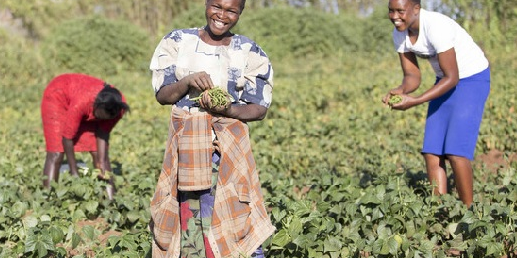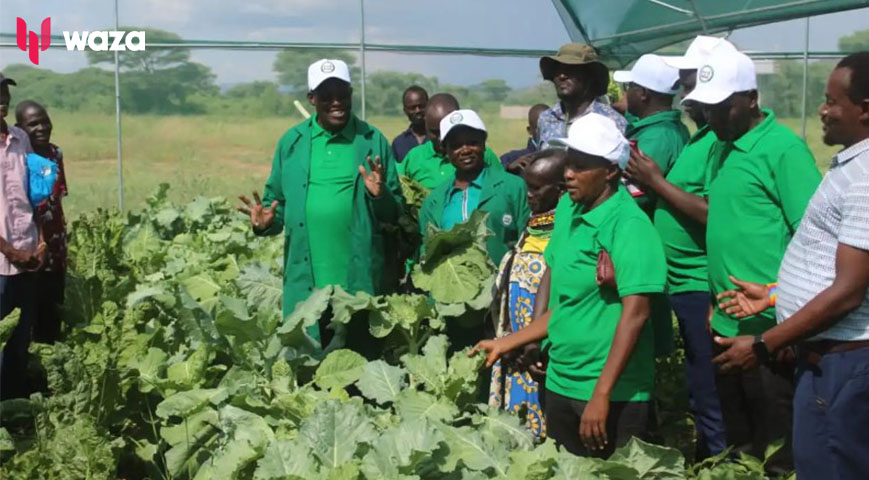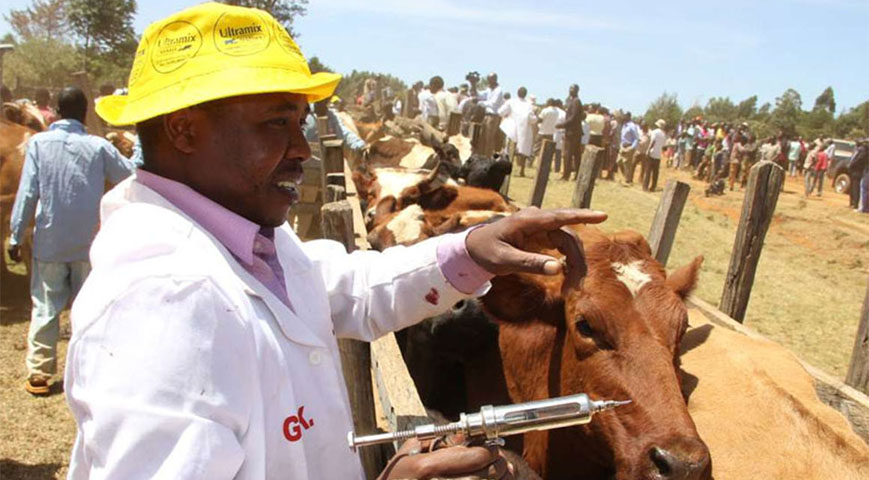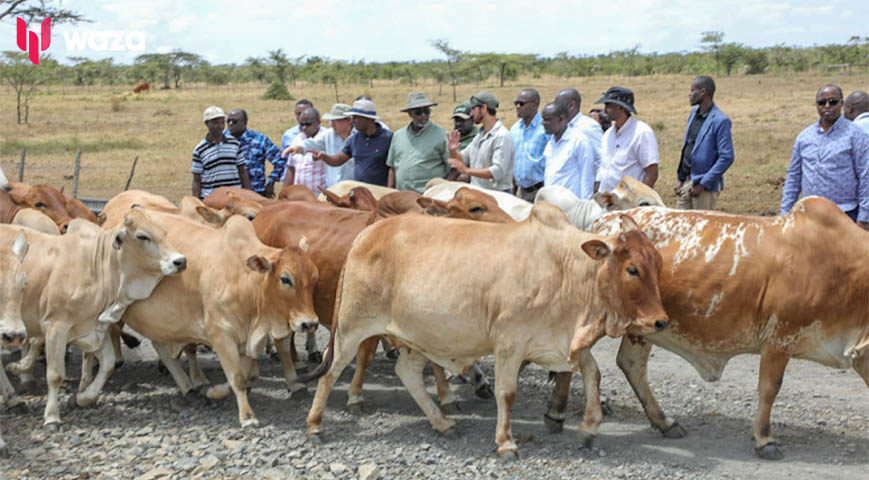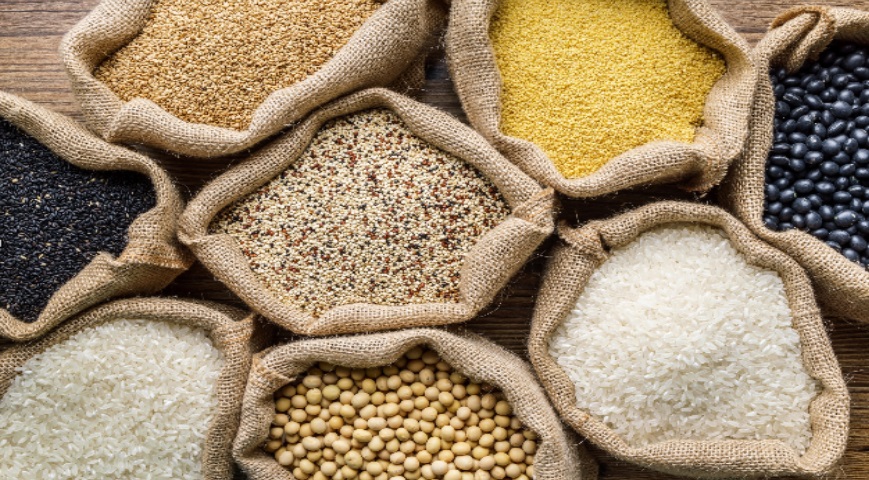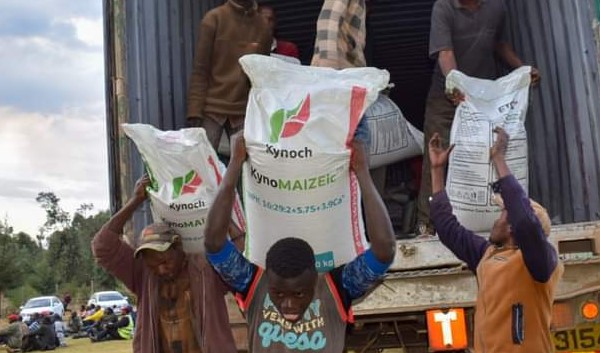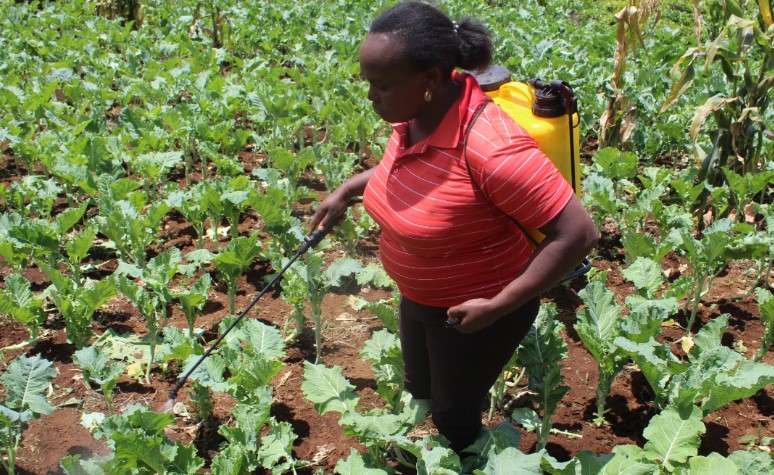Small-scale farmers in Marsabit County are set to benefit from 8.4 tons of seeds for their farms this planting season.
This is after the County government realized that most subsistence farmers who have been reeling under severe prolonged drought could not afford to buy the seed for planting in the current rainy season.
County Executive Committee (CEC) Member for Agriculture Hussein Ali said that the move aimed to boost food production to make the community food secure and fight poverty.
Speaking during the distribution exercise, Ali said that the donation, which comprises fast-maturing crops, would benefit 1,500 farmers across the county who, according to an assessment by the department, were found to be deprived due to drought and famine.
“We expect this empowerment to enable the farmers to produce food for their subsistence after a long period of relying on food aid occasioned by the prolonged drought witnessed in this county,” he said.
The CEC member warned the beneficiaries—chosen from a database of 2,750 farmers maintained by the department—against being persuaded to sell farm inputs, arguing that doing so would defeat the purpose of the measures taken to protect them from the impacts of famine and drought.
When distributing the consignment in the Saku constituency, the County Director for Agriculture, Julius Gitu, stated that it contained 4,120 kilogrammes of maize seed, 2,000 kilogrammes of green grammes, 100 kilos of kales, 240 kilogrammes of cowpeas, 2,000 kilogrammes of sorghum.
To ensure that the seeds were approved and suitable for growing in the dry and semi-arid region, Gitu noted that they were purchased from the Kenya Agriculture and Livestock Research Organization (Kalro) and the Kenya Seed Company.
The director advised the beneficiaries to increase their work in the farms to achieve favourable returns and stated that the project was intended to cultivate food crops on 1,000 acres.
Because Kalro is the only organisation in the nation entrusted with growing fast-maturing seed kinds appropriate for arid and semi-arid regions, including Marsabit.
The administration of Governor Mohamud Ali has been committed to ensuring that Marsabit citizens have access to enough food despite obstacles like rain failure brought on by climate change.
Through adaptive programmes by the government and development partners, local pastoralist communities have been steadily diversifying their economic pursuits.

